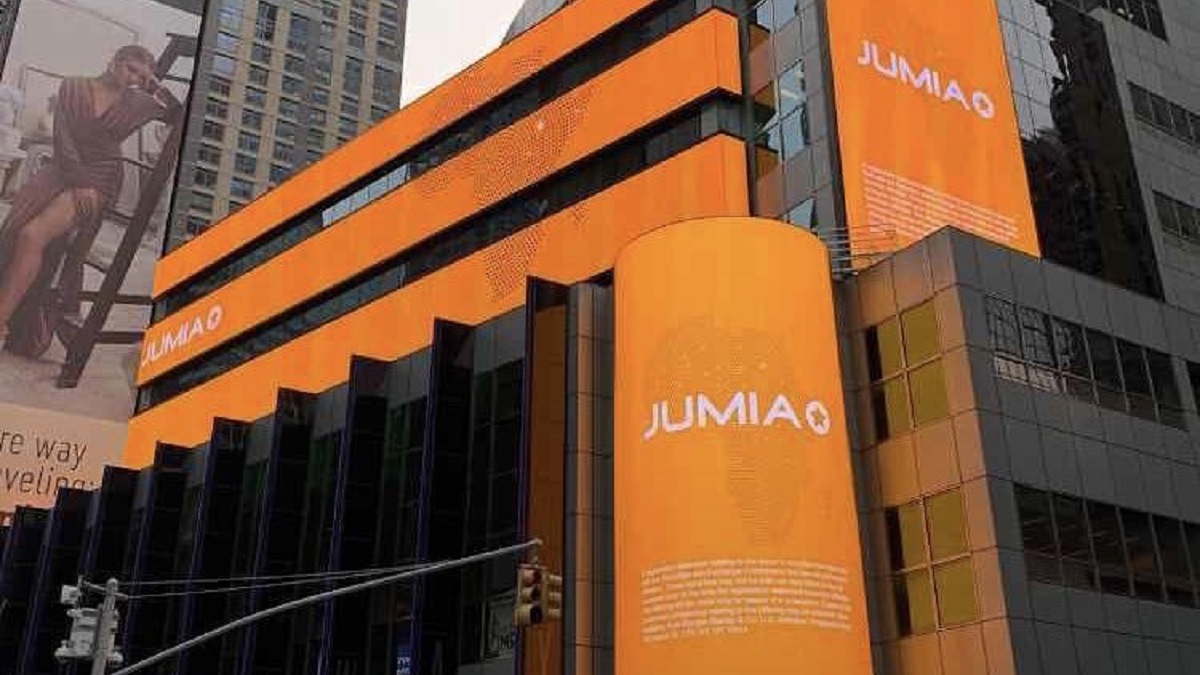The e-commerce company Jumia has experienced a 55% increase in share price in the last five days, indicating an increasing level of investor trust in the business. With its share price closing at $12.08 on Friday, Jumia’s market capitalization increased to $1.32 billion from $8.46 on July 8.
The Pan-African retailer, which has had mixed results as a publicly traded business since listing on the New York Stock Exchange in April 2019, has seen a notable turnaround in its financial situation with the surge.
While its board and management team scramble to turn things around, Jumia has lost more than 70% of its market value since its share price shot to a record $62.4 in February 2021 during the wild days of the meme stock rally.
Read also: Online store, Anata, to foster good ties with the community
Jumia’s Resolution: Dufay’s Leadership is transforming the company
In late 2022, the board dismissed Jeremy Hodara and Sacha Poignonnec, Jumia’s longstanding co-CEOs, due to a series of subpar performances and their incapacity to reduce expenses. The company was upgraded to be led by Francis Dufay, a veteran management consultant who was the CEO of Jumia Ivory Coast.
Jumia has made drastic restructuring to its business over the last 18 months under Dufay’s leadership. The company has laid off 43% of its employees, scaled back its presence in underperforming markets, and shuttered its food delivery business. The new boss has also shrunk Jumia’s management team based in the United Arab Emirates and forced several of them to return to work from its offices on the continent.
The effects of these adjustments are beginning to show. The corporation, which has never made a profit, cut its operational losses by 71% by the end of Q1 2024. Furthermore, despite sharp currency devaluations and macroeconomic challenges in its main markets, particularly Nigeria, which accounts for almost a third of its yearly sales, its income has increased by 18.5%.
In the meantime, when compared to the first three months of last year, its compensation and administrative costs have decreased by 37%. Several Wall Street analysts have recommended Jumia shares to its clients after taking note.
Read also: Jumia Nigeria offers discounts on its anniversary, partners with phone manufacturers
Jumia’s Strategic Step to Balance Growth and Competition
As Jumia repositions itself for growth, especially in North Africa, the company’s share price has increased by 252.3% since the beginning of the year. Jumia’s own inventory also contributes less to direct sales; in the first quarter, third-party merchants accounted for more than 52% of all sales on the platform.
However, Jumia will face fresh competition as it restructures its business from social selling platforms like Instagram and TikTok, which are also emphasising e-commerce features.
One of the largest retailers in the world, Amazon is also growing its presence in Jumia’s important areas, such as Egypt. Simultaneously, Prosus-supported Takealot seeks to strengthen its position in South Africa, a significant market where Jumia is still attempting to overtake the established players.
Jumia’s Dufay said during an interview that he wants to stabilise the business before chasing new growth across key markets.




